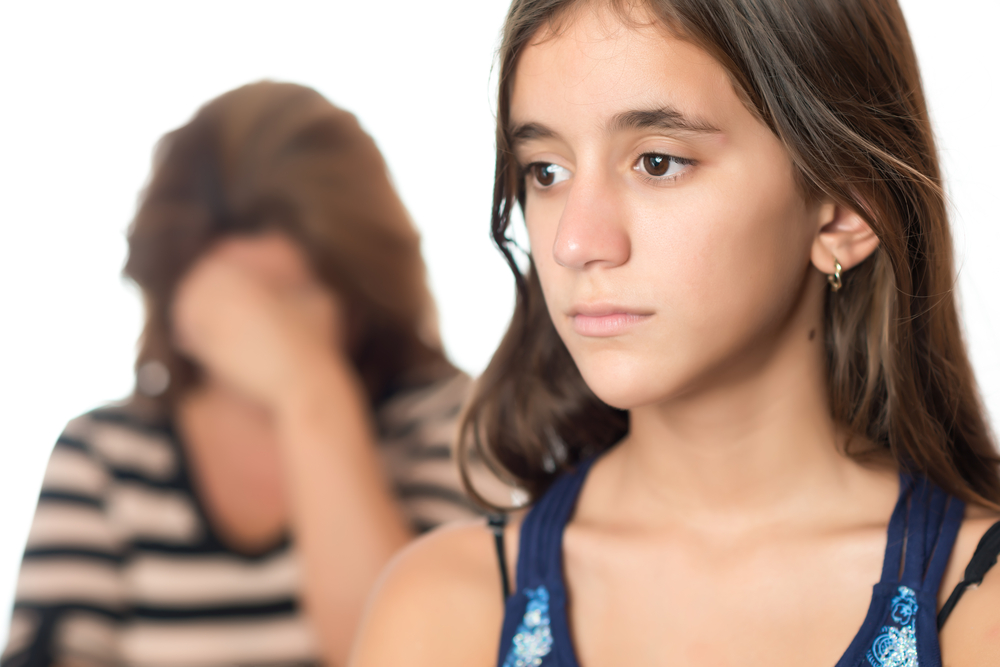 Residential treatment programs aim to help troubled teens overcome challenges and set them on a healthy path toward independence and maturity. A crucial component of achieving this goal is teaching life skills - the practical abilities needed to function successfully as young adults.
At Liahona Academy, our therapeutic program emphasizes life skills training as a core part of the treatment process. We've seen first-hand how developing life skills can significantly improve teen outcomes and set the stage for long-term wellness and stability.
In this article, we'll explore the importance of life skills and how they factor into our holistic treatment approach.
Residential treatment programs aim to help troubled teens overcome challenges and set them on a healthy path toward independence and maturity. A crucial component of achieving this goal is teaching life skills - the practical abilities needed to function successfully as young adults.
At Liahona Academy, our therapeutic program emphasizes life skills training as a core part of the treatment process. We've seen first-hand how developing life skills can significantly improve teen outcomes and set the stage for long-term wellness and stability.
In this article, we'll explore the importance of life skills and how they factor into our holistic treatment approach.
What are Life Skills?
Life skills encompass a range of competencies related to daily living, self-care, social interaction, and responsibility. Some essential life skills include:- Personal hygiene and grooming habits
- Healthy eating and nutrition
- Time management and organization
- Financial management
- Communication
- Problem-solving
- Conflict resolution
- Self-advocacy and self-awareness
- Independent living (cooking, cleaning, laundry, etc.)
Why are Life Skills Important in Treatment?
When teens enter residential treatment, the focus is usually on addressing deeper psychological or behavioral issues through therapy. However, developing life skills helps teens apply what they learn in treatment to practical daily situations. Some key reasons life skills matter include:- Autonomy and Confidence - Learning life skills fosters independence, empowerment, and belief in one's ability to care for oneself. This boosts confidence, which promotes healthy decision-making.
- Transition Support - The goal of treatment is to give teens tools for success beyond the program. Life skills smoothen the transition to independent living by building competencies for the future.
- Relapse Prevention - Without life skills, teens may not handle everyday stressors well after treatment. Good life skills help teens maintain treatment gains long-term.
- Experience Success - Early wins with tangible life skills can motivate teens when psychological issues feel challenging. It shows progress, which keeps engagement high.
- Holistic Treatment - Mental health issues often correlate with deficits in daily functioning. A holistic program addresses life skills alongside therapy for comprehensive recovery.
The Role of Life Skills in our Program
At Liahona Academy, we blend life skills into every aspect of our residential treatment program. Teaching daily living competencies occurs through a combination of classroom education, hands-on practice, experiential activities, and coaching by staff members. Here's a look at how we incorporate life skills development:- Daily Life Skills Class - This weekly class teaches concepts through lessons, discussions, and assignments. Popular topics include cooking, budgeting, health/hygiene, and organizational skills.
- Chores and Household Responsibilities - Teens participate in cleaning common areas like kitchens or helping with laundry under staff guidance. This fosters ownership and independent living experience.
- Banking and Allowance System - We have an in-house bank and allowance program where teens learn financial literacy, like budgeting, spending versus saving, and handling accounts responsibly.
- Grocery Shopping and Meal Preparation - Cooking crews allow teens to prepare nutritious group meals using a grocery budget. They follow recipes and practice independent self-care.
- Job Shadowing - Teens shadow local professionals to explore career interests while gaining exposure to adulthood responsibilities like time management, communication, and accountability.
- Outdoor Activities - Experiential programming incorporates life skills like leadership, cooperation, problem-solving, and self-care into camping, hiking, and community service projects.
- Transition Planning - As teens near graduation, we intensify life skills coaching to ensure competence in independent living situations like apartment searches, job applications, and academic planning for the future.
Measuring Success with Life Skills
Using standardized competency scales, we formally assess teens' life skills at intake, during treatment intervals, and at discharge. Since developing life skills is an ongoing process, success looks different for each individual. However, some expected positive outcomes we aim for include:- Demonstrating independent daily care routines like organizing school/work schedules, hygiene habits, nutrition, and exercising regularly
- Cooking healthy meals without assistance and practicing meal planning/budgeting
- Managing funds responsibly through skills like opening bank accounts, balancing budgets, and avoiding debt
- Effective communication and relationship building are exhibited through social engagement, conflict resolution, and seeking help appropriately.
- Accepting responsibility through accountability, motivation, and goal-setting abilities
- Enhanced problem-solving, decision-making, and self-advocacy when challenges arise


Leave a Reply